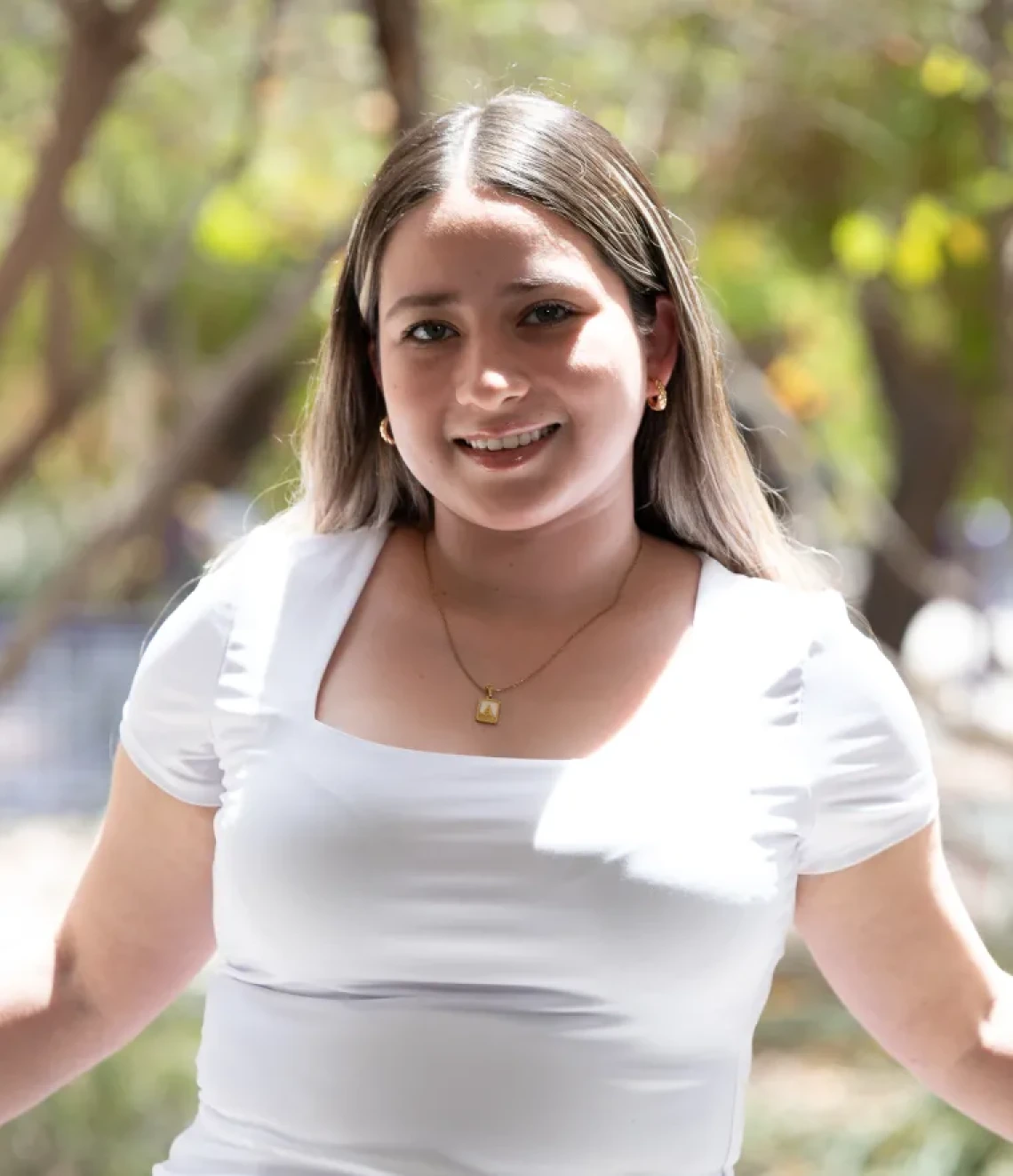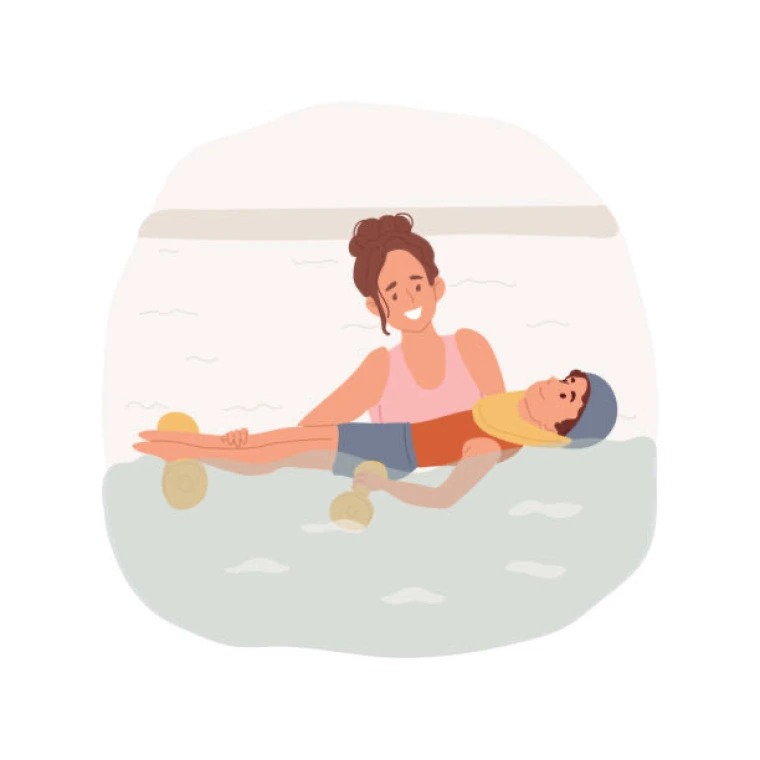The CACTI Blog: The Importance of Joy and Belonging in Disability Services

By Ana Fernandez, 2024-2025 Undergraduate Certificate in Developmental Disabilities
During the spring 2025 semester, my involvement in disability-focused programs like adaptive recreation, teen social groups, and inclusive camps has reshaped the way I view what meaningful support looks like for children and youth with developmental disabilities. These experiences have shown me how healing and transformative inclusive spaces can be, especially when they center joy, connection, and belonging.
Through the Developmental Disabilities Certificate program with the Sonoran Center, I have learned how to apply culturally competent, person-centered supports in various settings. It’s especially through hands-on moments, like playing with puzzles to improve a child’s motor skills, or sharing a laugh during a swimming session, that I’ve really come to understand what it means to support someone as a whole person - not just through a diagnosis or service need.
One of my favorite experiences has been helping out during adaptive aquatic therapy sessions, a program offered through Children’s Clinics. Many of the children I worked with have cerebral palsy, and I witnessed firsthand how powerful water-based movement can be for building strength, confidence, and independence. I remember one young swimmer whose arm mobility improved noticeably just by doing guided motions in the pool for several weeks. More than any milestone, what stuck with me most was seeing the look of pure joy on his face when he made progress, and the unwillingness to leave the water at the end of the session, sometimes with tears because the fun was just too good to end. If you’re curious, Children’s Clinics shares more about the benefits of aquatic therapy here.

Outside the pool, I’ve helped during monthly Teen Group sessions at Children’s Clinics. Teen Group is a free, inclusive space where young people can connect, have snacks, and participate in creative or social activities. It may seem small, but creating an environment where teens feel safe to be themselves and build friendships without judgment is incredibly powerful. We’re currently preparing for an outing to a local tea house, which is a big step for many participants who are navigating social anxieties, accessibility barriers, or limited social opportunities elsewhere.
I also volunteered with the Fit for Fun Camp hosted by Integrative Touch, where we focused on movement and play for all ages. I supported both sessions, one for kids and for teens and one for young adults, and saw the incredible impact of inclusive group activities like music, games, and exercise. These programs remind us that “therapy” doesn't always look clinical; it can be dancing to a beat, laughing with new friends, or feeling free to move in your own unique way.
What all of these moments have taught me is that disability advocacy must include joy. Not as an afterthought, but as a core value. Access to recreation, friendship, and belonging should be seen as essential, not as privileges to be earned. These programs don’t just support motor skills or social development, they support identity, confidence, self-worth, and sense of community.
As a future healthcare provider, I carry these lessons with me. I now understand that effective care must be holistic and rooted in the understanding that every individual deserves to experience not just wellness, but happiness. The certificate program has helped me connect the dots between policy, practice, and personal connection, and to be a more compassionate, grounded, and people-focused leader because of it. Joy is powerful. Belonging is essential. Inclusive spaces are not a luxury, they are a necessity!
The CACTI Blog features the voices of our interdisciplinary trainees and Community Advisory Council members as they highlight diverse images of people with disabilities and provide community information and advocacy on disability issues. Check Out The CACTI Blog
